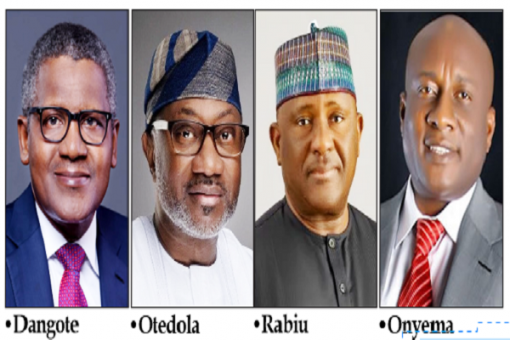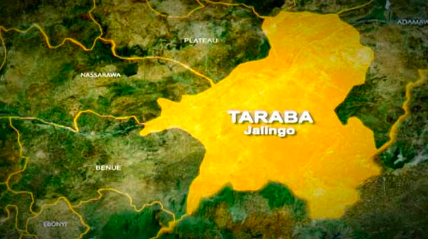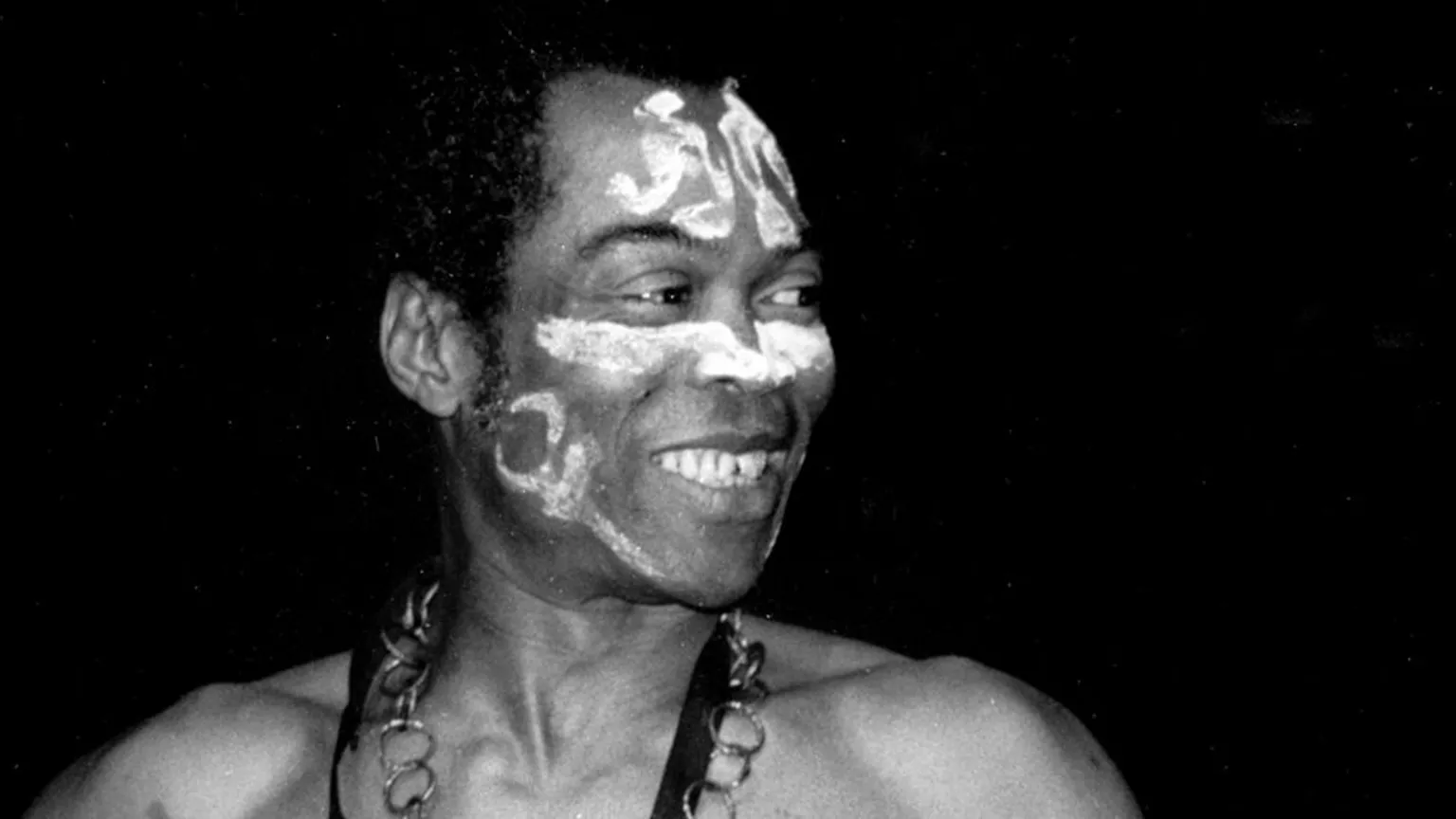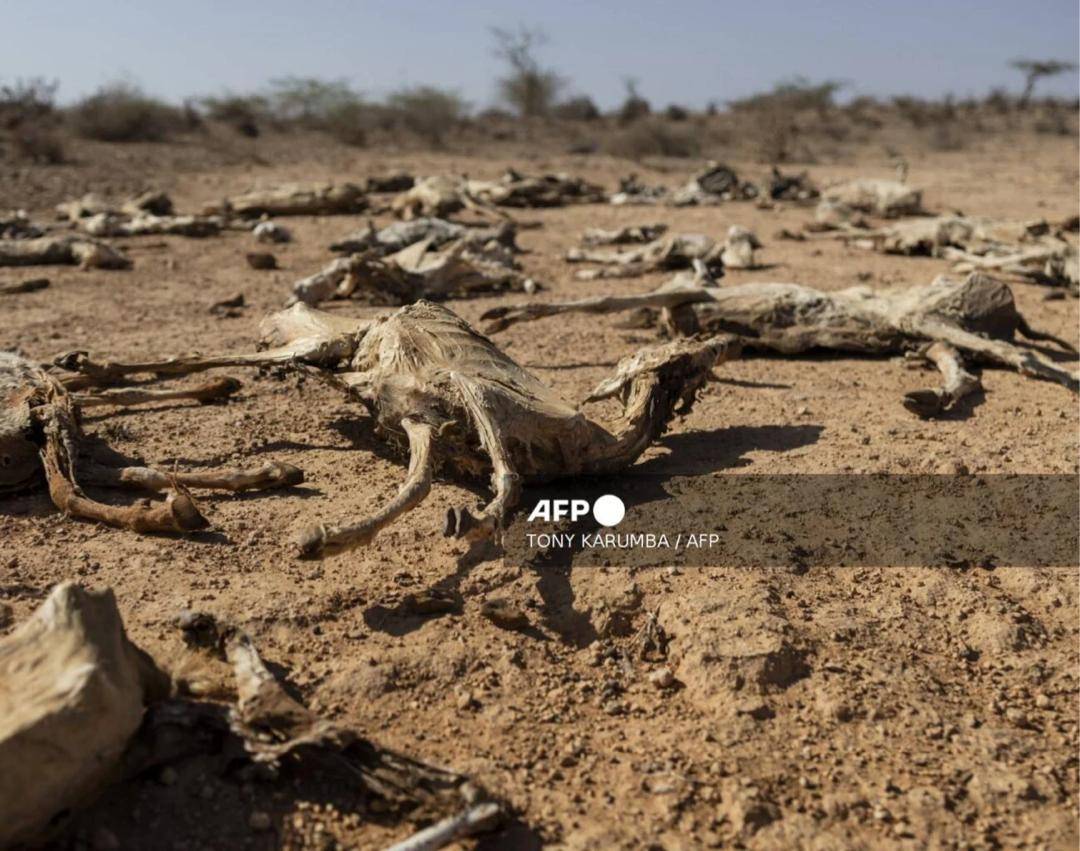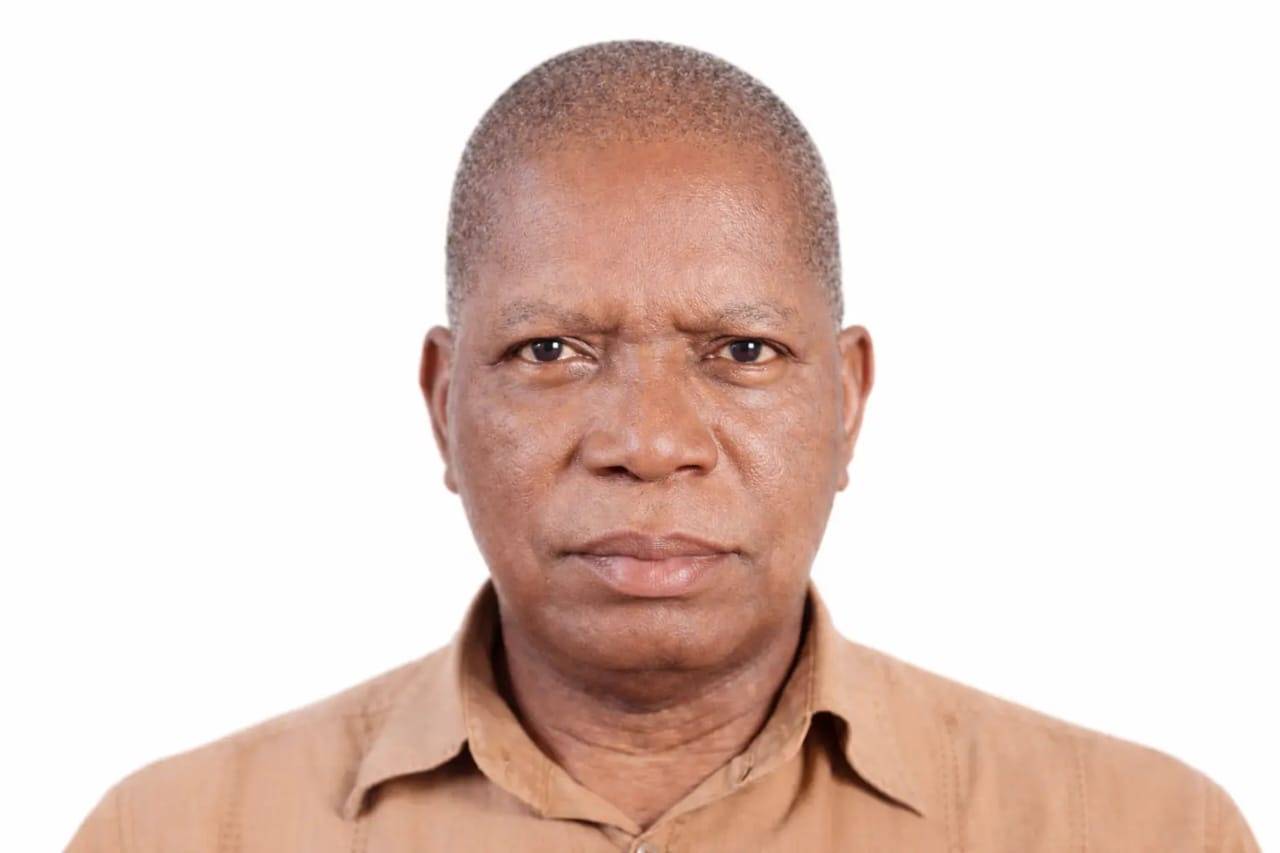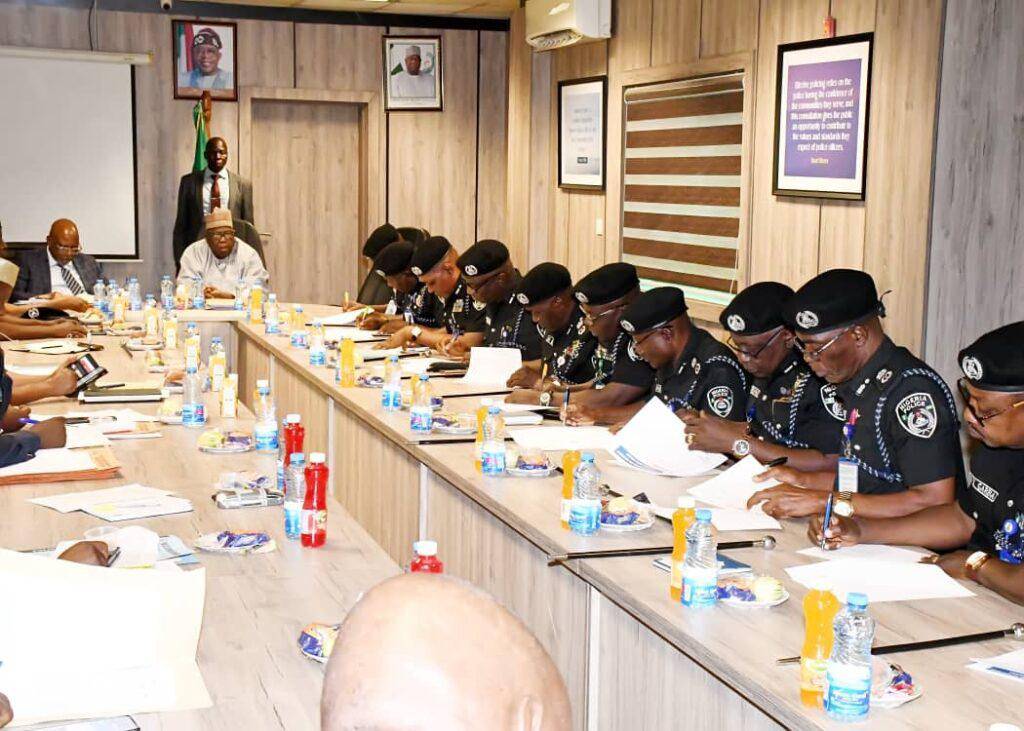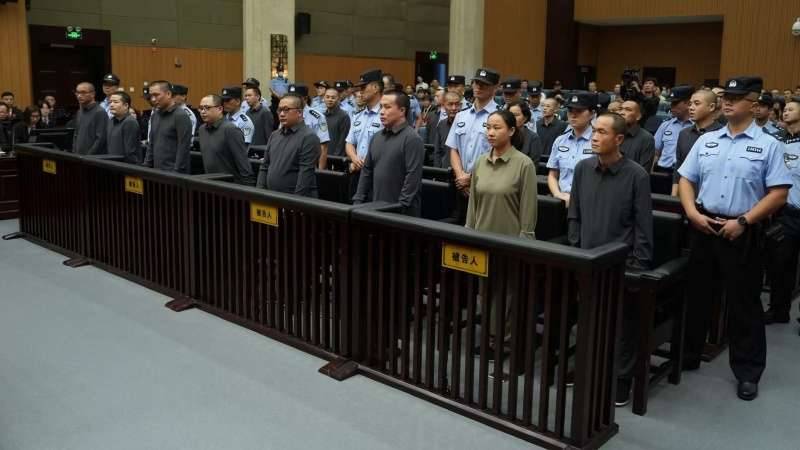Ever since his famous lamentation that rang across the country regarding his joining the coalition of opposition politicians against the re-election of President Bola Tinubu for a second term because he is hungry, not much has been heard along that line from former two-term governor of Rivers State and admittedly activist former Minister of Transportation, Mr Rotimi Amaechi. It may be that the leading chieftain of the African Democratic Congress (ADC) has realised that his not inconsiderable bulging paunch may not be compatible with a tale of personal famishment by a man who had the privilege of holding key political offices at State and national levels for an unbroken period of nearly two and a half decades.
Leading actors in the ADC are noticeably now less boisterous than they were at the outing of the hijacked party about the presumed ease with which they would eject President Tinubu and the ruling All Progressives Congress (APC) from power in 2027. There has been no significant response so far to the party’s recent directive that its leading lights who are yet to leave their former parties and formally register with the ADC do so forthwith, indicating a general lack of confidence in the future of the opposition’s Special Purpose Vehicle to oust the APC from power. The party has not been helped by the outcome of by-elections in which it has participated, which suggests that its grand strategy of capitalising on the hardships attendant on the drastic economic reforms undertaken by the Tinubu administration has not borne fruit, as the APC remains not only electorally dominant but continues to receive defecting opposition politicians into its ranks on an unprecedented scale.
Even as it struggles to get itself effectively organised as a potent political and electoral force, the ADC has not come up with concrete economic policy proposals different from the reforms currently being implemented under Tinubu’s leadership despite its strident criticism that the latter have imposed avoidable hardships on Nigerians. Were such reforms as the removal of fuel subsidy and the merger of the parallel foreign exchange markets introduced at the inception of the Tinubu administration avoidable? There was a consensus among all presidential candidates going into the 2023 elections that these far-reaching policy changes had become imperative.
Some contend that they could have been implemented in gradual, phased-out stages to limit the pain. But the argument has also been made that the kind of decisive, frontal action taken by President Tinubu on fuel subsidy and exchange rate harmonisation was critical to guarantee the success of the reforms. Half-hearted and indecisive actions in this regard by previous administrations were responsible for the persistence of the structural distortions that had virtually plunged the economy into a state indistinguishable from coma before the present administration’s surgical intervention.
Leading lights of the ADC coalition and other critics of the reforms are yet to avail us of the magic by which they would have implemented reforms without pain, which would have been tantamount to extracting a decayed tooth without discomfort to the patient or preparing a delicious omelet without breaking eggs. Just as the coalition of opposition politicians in the ADC are motivated primarily by a desire to terminate President Tinubu’s tenancy at the Presidential Villa at the end of his first term and seek to utilize the hardships engendered by his reforms as a propaganda weapon to achieve this objective, there is a coalition of other forces who have commended the reforms, testified that they are working and beginning to yield results and contend that they must be sustained in the best long term interest of the Nigerian economy. The latter coalition is not partisan, not even political. It is not consciously organized and accommodates interests both domestic and external to the Nigerian economy.
Furthermore, the components of the latter coalition are in a better position than the ADC anti-Tinubu coalition opposition politicians to pronounce on the health of the economy and the efficacy or otherwise of economic policy. In its 2025 World Economic Outlook (WEO) report released this week at the annual IMF/World Bank Annual Meetings in Washington, DC, United States, the International Monetary Fund (IMF) reflected the verdict of this non-partisan coalition on the impact and consequences of the reform policies of the Tinubu administration thus far. As this newspaper reported the event, “The International Monetary Fund (IMF) has revised upward its Nigeria’s growth forecast to 3.9 per cent in 2025 and 4.1 per cent in 2026, citing improvements in the country’s macroeconomic outlook. The IMF stated that the upgrade of its national growth projection for Nigeria was also based on a favourable domestic situation… “.
The report continues, “Nigeria’s upgrade was significant as many other economies saw significant downward revisions because of the changing international trade and official aid landscape. At a press briefing on the WEO, IMF Economic Counselor, Pierre-Olivier Gourinchas said the Fund based its outlook for Nigeria on several improving macroeconomic indicators and supportive domestic factors. He said factors responsible for the higher growth revision include higher oil production, improved investor confidence, a supportive fiscal stance in 2026, and limited exposure to higher US tariffs. He added that the fund also considered stability in the exchange rate, rising foreign reserves and rebasing of the Gross Domestic Product (GDP) as significant factors expected to propel the Nigerian economy forward in 2026.”
And speaking during the Intergovernmental Group of Twenty-four (G-24) press briefing in Washington, the Central Bank Governor, Mr Olayemi Cardoso, gave an insight into the extent to which the Tinubu administration’s reforms had gone in restructuring the economy, resulting in its greater resilience and lessened vulnerability to global shocks, including unpredictability in international tariffs. He noted that a positive trend in the economy is the increasing transition by large businesses from imports to exports of locally produced goods and commodities.
In his words, “We now have a more competitive currency with the results that, for once, we have a situation where we have a positive balance of trade surplus, and we expect it to be six per cent in GDP for some time. So basically, what is happening is a complete restructuring of the economy, where we are encouraging people to go into domestic production, and, of course, discouraging imports. And I think we were very fortunate, because a lot of the things that were needed to have been done, we did them much earlier, and as a result of that, we’re able to create resilience and buffers against potential shocks “.
Aligning with this growing coalescence of positive affirmation of the Tinubu administration’s economic policies, billionaire Chairman of First HoldCo, Mr Femi Otedola, recently revealed that his decision to invest personally over N320 billion in First Bank “all in cash, without borrowing a single Naira” was partly inspired by the economic reforms of the Tinubu administration. His investment journey, according to him, “aligns closely with the bold and visionary leadership of President Bola Ahmed Tinubu, who deserves credit for championing the tough but necessary reforms in our economy. I also commend the governor of the Central Bank of Nigeria, Mr Yemi Cardoso, for his courageous and pragmatic policy reforms. His actions are restoring credibility to the financial system and giving investors like me the confidence to commit long-term capital to this country”.
Also commenting on the tax reform bills of the administration, which will take effect as of January next year, Otedola stated on his X handle that they were a “bold, necessary step toward a more transparent, efficient, and investment-friendly economy,” asserting that “I am inspired to invest more, and many other investors share the same sentiment”. According to a report on the online medium, Nairametrics, Otedola “believes that the reforms will reduce complexity and promote fairness in tax collection; restore confidence in the use of public resources; fund infrastructure and unlock productivity; and fuel inclusive growth”.
The President and Chief Executive of the Dangote Group, Alhaji Aliko Dangote, is a key actor in the Nigerian economy whose views and perspectives on economic and business policy cannot be taken with levity. Dangote has on several occasions identified with the coalition of thought on the positive import of the ongoing reforms for the economy. For instance, when he received the Minister of Industry, Trade and Investment, Dr Jumoke Oduwole, at the Dangote Petroleum Refinery & Petrochemicals in Ibeju-Lekki, Lagos, recently, Dangote did not mince words in applauding the administration’s economic policies. “I believe we must sincerely thank His Excellency, President Bola Ahmed Tinubu, for ensuring that there have been improvements in the supply of crude oil,” he said, noting that “His insistence that all crude oil transactions be conducted in Naira has been particularly commendable. For us to effectively meet market demand – which we can do – it is essential that crude is priced and purchased in our local currency.”
As this newspaper reported the event, “The leading industrialist noted that these initiatives, along with other economic reforms, have brought a measure of stability to the naira-to-dollar exchange rate. He expressed optimism that the Naira would continue to strengthen in the coming weeks as the effects of the reforms become visible. According to him, the improved market predictability has helped investors make sound business decisions and restored confidence in the investment climate. We are also beginning to see some stability in the naira-to-dollar exchange rate, which has had a positive impact. There is now less fluctuation, and this has brought a degree of predictability to the market. For those of us in the business sector, this is a welcome development, as it allows us to plan more effectively. Looking ahead, as conditions continue to improve, we can expect to see a more favourable exchange rate.”
Another business and industry giant, President of BUA Group, Alhaji Abdul Samad Rabiu, shares Dangote’s optimism. Interacting with journalists at the Presidential Villa in Abuja in September, Rabiu commended what he described as the bold and decisive economic reforms of the President, pointing out that the policy changes are already yielding positive results for businesses and the currency. He told the reporters that “I expect that the exchange rate is going to strengthen even further. I expect that the rate should come down to maybe N1,300, N1,400 before the end of the year. And this is something that we should all celebrate”.
According to a newspaper report, “Explaining the impact of recent reforms, the BUA Chairman noted that businesses no longer rely solely on the Central Bank of Nigeria for foreign exchange as many are now able to source FX independently through credit cards and international banking channels “So, really, for all these, we must give full credit to His Excellency and the government. Their bold reforms and decisive policies are creating the foundation for a stronger economy, a more stable currency and a better future for businesses and Nigerians alike”.
From the aviation sector, the Chairman of Air Peace, Mr Allen Onyema, echoes the coalition of support for the President’s economic policies and their impact on business viability. Speaking earlier in the year during an interaction between President Tinubu and stakeholders of corporate Nigeria, Onyema applauded what he described as the President’s ‘forward-thinking approach to Nigeria’s economic development’, especially by easing challenges faced by business owners. As reported in the media, Onyema said, “President Bola Tinubu is thinking of the Nigeria of the future. The ease of doing business is coming back gradually. I can attest to that in the aviation sector because of the people he appointed to head that sector”. Onyema also attested to efforts made by the High Commission in the United Kingdom in making Air Peace flights into Gatwick Airport a possibility, including proudly publicising it.”
Some may contend that all the foregoing only show that the ongoing economic reforms favour and are being lauded by wealthy business owners. But Nigeria runs a capitalist system, and a key measure of the health of capitalist economies is the viability and success of businesses and business owners, on which depend millions of jobs, considerable tax revenue for the government and an economy’s global competitiveness. Others argue that statistics showing improvements in such indices as inflation rate, trade surpluses, exchange rate stability or rising foreign reserves are meaningless if they do not reflect the concrete existential conditions of the majority of people. But there is no other way to measure the performance trend of an economy or the appropriateness or otherwise of economic policies. In any case, if current data had indicated a worsening of these statistical indices, the coalition of anti-Tinubu politicians would have been exuberantly jubilant.


